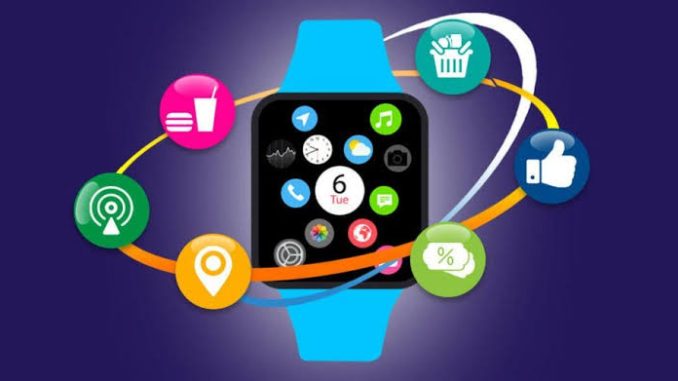
1. Artificial Intelligence (AI) and Machine Learning (ML) Take Center Stage
AI and ML are no longer futuristic concepts; they are integral to everyday life. In 2023 and beyond, AI is expected to further revolutionize industries like healthcare, finance, and education. Generative AI tools, such as advanced chatbots and content creation platforms, are reshaping creativity and automation. AI-driven personalization will enhance customer experiences, while ethical AI practices will become a crucial focus to ensure transparency and fairness.
2. The Rise of Web3 and Decentralization
The evolution of the internet continues with Web3, emphasizing decentralization and user empowerment. Blockchain technology underpins this trend, offering increased security, transparency, and user control. Decentralized finance (DeFi), non-fungible tokens (NFTs), and decentralized autonomous organizations (DAOs) are set to disrupt traditional business models and create new opportunities for creators and consumers alike.
3. Expansion of the Metaverse
The metaverse, a virtual space where people can interact, work, and play, is rapidly gaining traction. Companies like Meta and Microsoft are heavily investing in virtual reality (VR) and augmented reality (AR) technologies to make the metaverse a mainstream reality. From virtual offices to immersive entertainment, the metaverse is poised to revolutionize how we socialize and collaborate.
4. 5G and Beyond: The Connectivity Revolution
5G technology is laying the groundwork for unprecedented connectivity, enabling faster data speeds and low latency. As 5G networks expand, we’ll see advancements in autonomous vehicles, smart cities, and the Internet of Things (IoT). Looking forward, research into 6G is already underway, promising even greater connectivity and bandwidth.
5. Green Technology and Sustainability
As the world grapples with climate change, technology is playing a vital role in driving sustainability. Innovations in renewable energy, energy-efficient devices, and sustainable manufacturing processes are becoming more prevalent. Companies are investing in carbon capture technologies, while consumers are increasingly adopting eco-friendly products, from electric vehicles to smart home systems.
6. Biotechnology and Health Tech Innovations
Biotechnology is making significant strides in areas like gene editing, personalized medicine, and drug discovery. Wearable health devices are becoming more advanced, offering real-time monitoring of vital signs and chronic conditions. Telemedicine, enabled by AI and IoT, continues to expand access to healthcare, particularly in underserved areas.
7. Cybersecurity in an Era of Growing Threats
With increased digitalization comes heightened vulnerability to cyberattacks. Cybersecurity technologies are evolving to combat sophisticated threats, leveraging AI and ML to detect and respond to breaches in real time. As quantum computing gains traction, the need for quantum-resistant encryption is becoming more urgent.
8. Edge Computing and Enhanced Data Processing
Edge computing, which processes data closer to its source, is transforming industries by reducing latency and enhancing efficiency. This technology is crucial for applications like autonomous vehicles, IoT, and smart manufacturing. Coupled with advancements in cloud computing, edge computing is reshaping data management strategies.
9. Robotics and Automation: The Future of Work
Robotics and automation are streamlining industries ranging from manufacturing to agriculture. Collaborative robots (cobots) are working alongside humans, enhancing productivity and safety. Automation is also impacting white-collar jobs, with AI-powered tools handling tasks like data analysis and customer service.
10. Quantum Computing: Unlocking New Possibilities
Quantum computing, though still in its early stages, holds the potential to solve complex problems far beyond the capabilities of classical computers. From optimizing supply chains to advancing materials science, quantum computing could drive breakthroughs across various fields.
Conclusion
As technology continues to evolve, its impact on society, the economy, and the environment cannot be overstated. Embracing these trends requires forward-thinking strategies, adaptability, and a commitment to ethical practices. By staying informed and proactive, individuals and organizations can harness the power of technology to drive innovation and create a more connected, sustainable, and inclusive future.